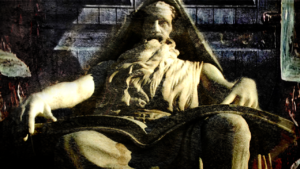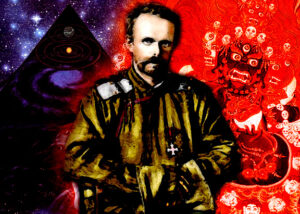The Importance of Spirituality
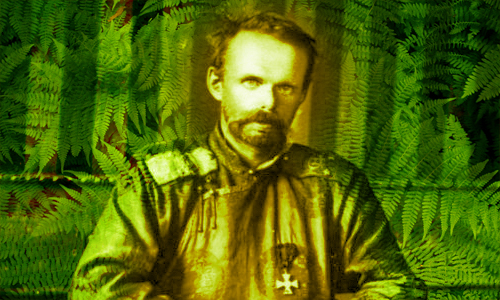
Within the academic circles of the Occident, religion and theology has become marginalized, largely due to the rigid perspectives of ideological scientism. This immovable materialist secularization has increased a morbid sense of soullessness and apathy within our communities and systems.
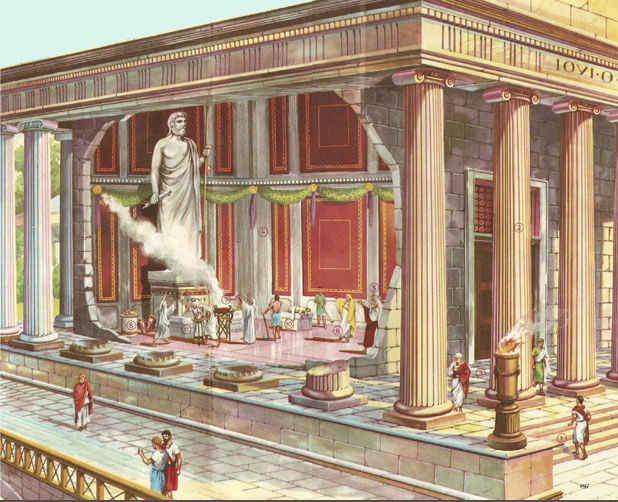
Without a coherent theological grasp of the world, which historically was presented to people as a matter of basic education, they become victims to a fearful and slavish conception of their own mortality – hoping they can live forever within a false security, provided by entrenched forever-systems, which hide them from scary ideas. They are divorced from death, even their meat provided sans-process, and thus they have no grasp of death’s realities; they can barely any longer cope with it in concept. They have also largely been quarantined from nature and her cycles, and feel apart from the eternity one witnesses in cycles and the logic of nature’s laws. Eternal concepts have faded from them. And yet they live.
When people are afraid of death they will happily submit to any kind of strong system for false comfort and security, a replacement-patriarch without soul or true interest in their future. Believing themselves finite, and apart from nature, they avoid at all cost the possibility of death, or risk. Death, to them, represents nothing but an abstract (inconceivable) emptiness, no continuation of anything which is metaphysical in nature, since all forms of spirituality have been socially marginalized and mocked. Rigid secularization is accompanied by consumerism, which they have offered as a replacement religion. Shopping malls and corporate establishments replace temples, and statues of sportsball athletes replace statues of gods, saints and heroes.
Throughout recent history, totalitarian communist governments have banned any types of religion, specifically for the purpose of securing a safe, scientific-democratic worldview as central to life, so the people can’t resonate or connect with the eternal – which they do then only at the point of death. Anything which is considered eternal is not calculable, this frightens the safety nerds of totalitarian quantitative materialist-regimes. Eternity doesn’t fit their fabricated ontology. It is too mysterious, too strange, too beyond ordinary rationality, for them to explain in an unromantic, unimaginative, categorized manner they require.
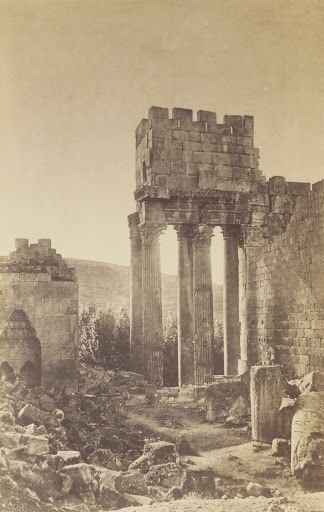
There’s a reason why the most theologically astute people throughout history have also been the most fiercely brave warriors. To the enlightened warrior, the physical body is nothing more than a temporal manifestation, a fractal of the eternal image, for his essence existed before and after. The thought of death of course frightens him, but fear is another emotion to be conquered.
It is how well you lived, not how long you lived in this world.
This is why the Occident requires a dangerous conquest of mysticism. Not as a hobby or issue of personal education, but as a matter of larger survival, in a battle of good versus evil. Without a mystical conquest, the Occidental man will not seek out an ideology that supersedes reality, and will fade away into the clutches of dark reaching hands, which seek to draw him into a mire of totalitarian nihilism.
But that struggle has always been with us, and the struggle itself is part of the eternal process.
“They cannot understand as yet that we are not fighting a political party but a sect of murderers of all contemporary spiritual culture.”
― Baron Roman von Ungern-Sternberg
Become a Patron!









